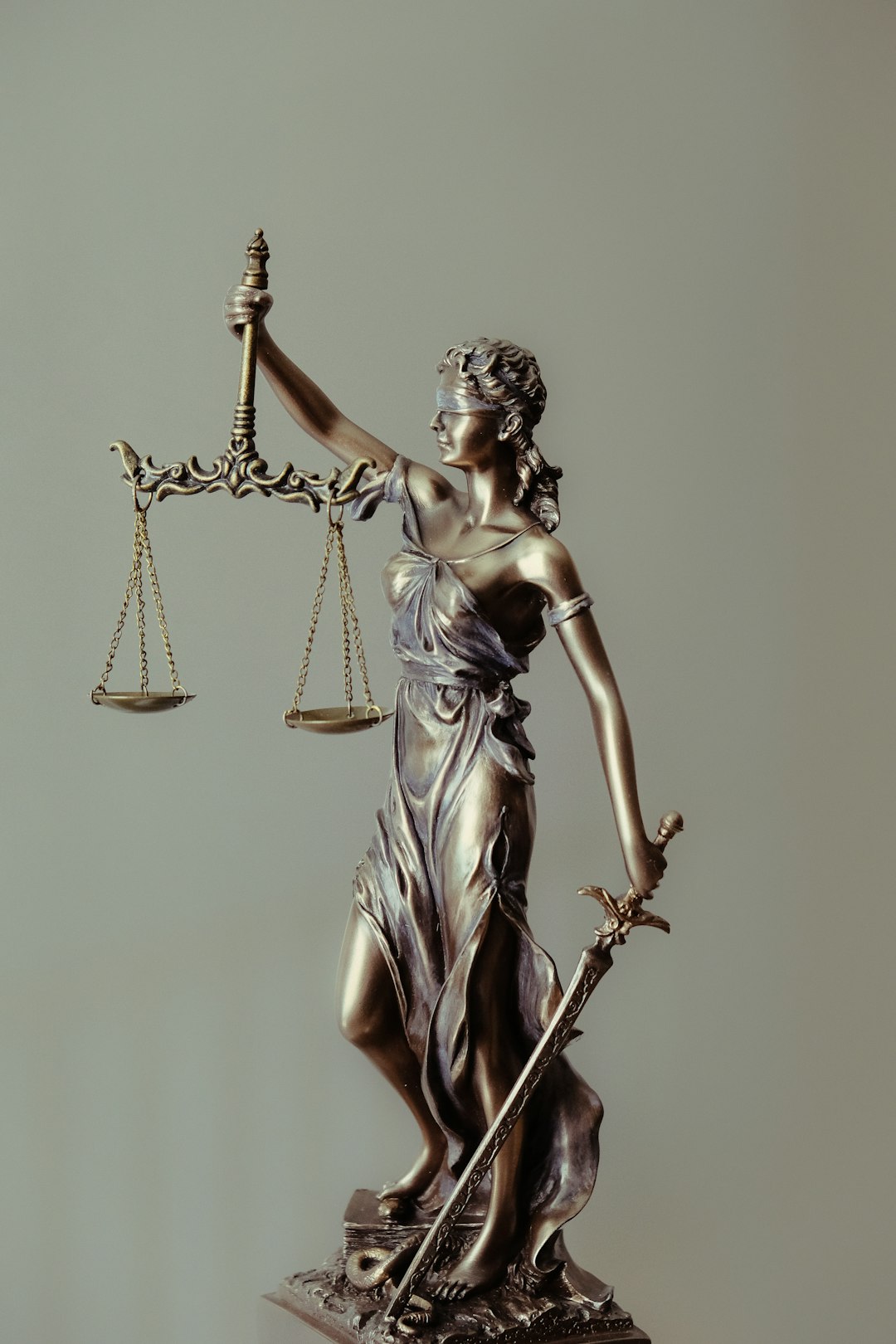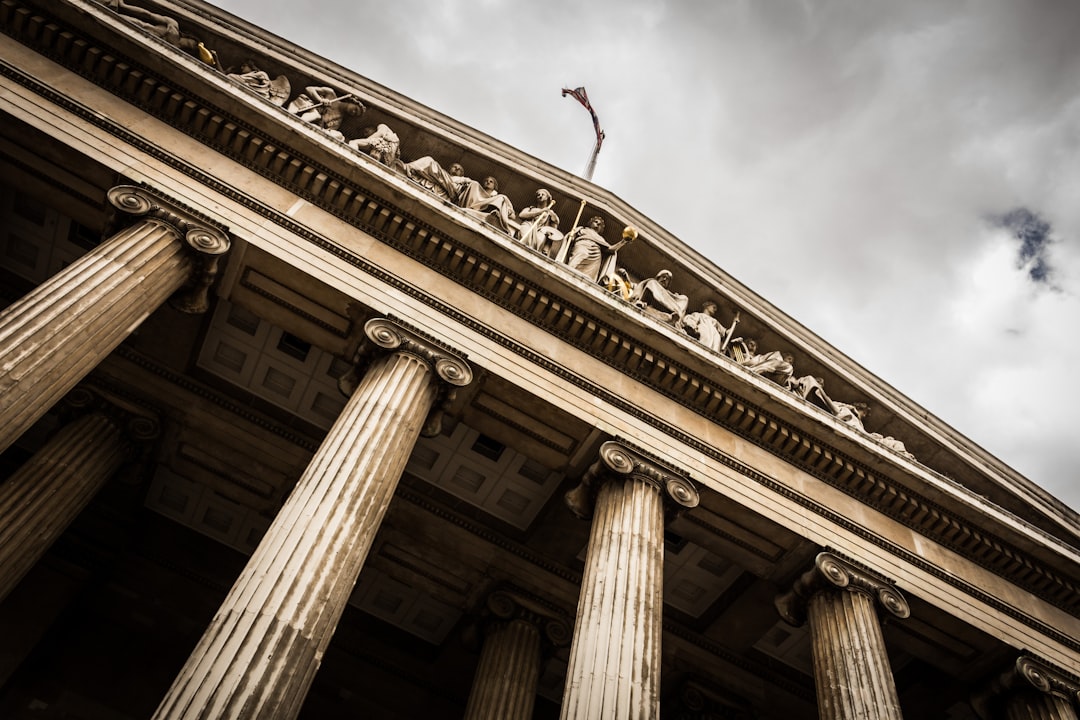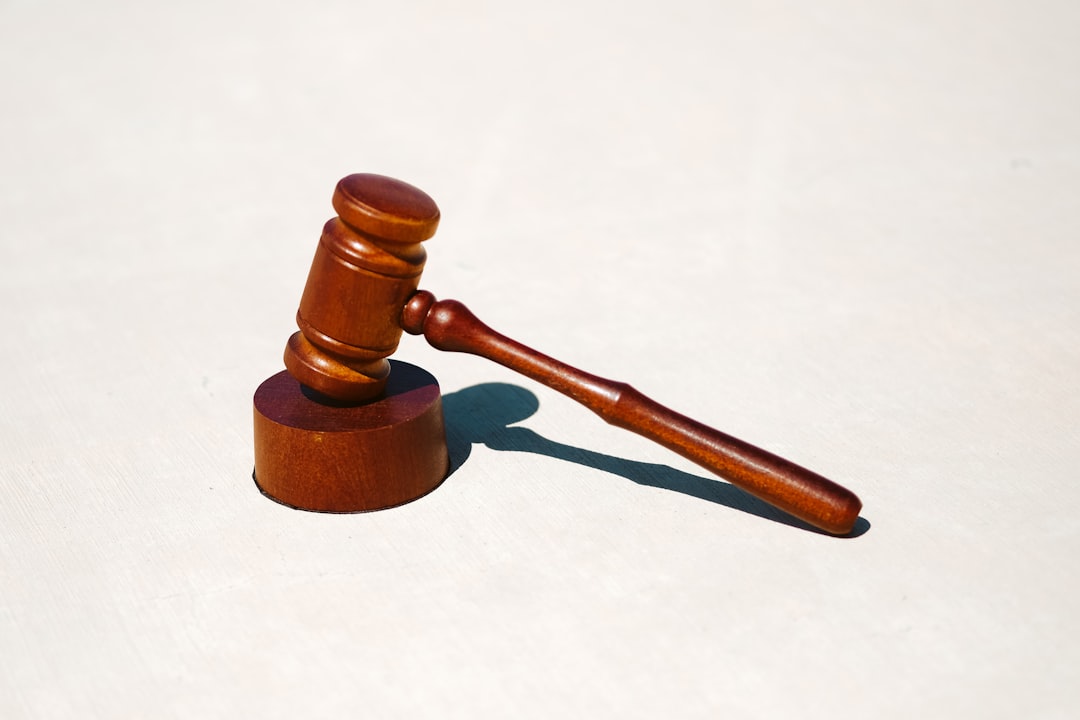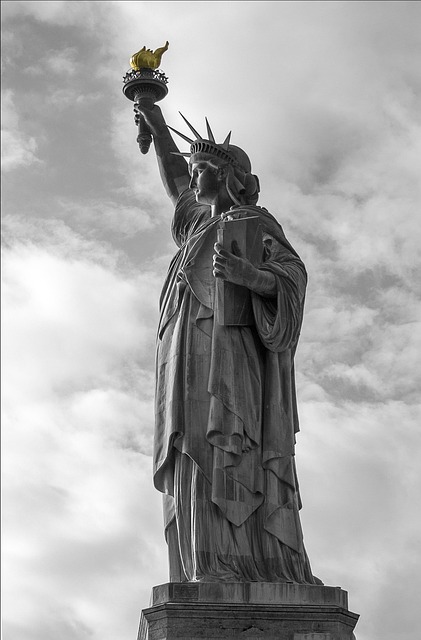In New York (NY), mandated reporters like teachers, healthcare providers, and law enforcement are legally bound to identify and report child abuse or neglect within 24 hours, ensuring swift interventions for vulnerable individuals across the state, including the Bronx community. NY laws provide legal protections for reporter safety, training support, and resources for handling sensitive cases while maintaining confidentiality.
“In New York’s vibrant Bronx neighborhood, mandated reporters play a crucial role in safeguarding children. This comprehensive guide delves into the intricate web of laws and protections surrounding these individuals. From understanding the Bronx’s specific mandates to exploring reporter qualifications under NY law, we clarify responsibilities and legal safeguards.
Learn about the steps to report child abuse and neglect, as well as challenges faced by mandated reporters in the Bronx, along with accessible resources designed to enhance safety and support.”
The Bronx's Mandated Reporter Laws Explained

In the state of NY, including the vibrant borough of the Bronx, Mandated Reporters play a crucial role in safeguarding vulnerable individuals, especially children and adults at risk. These laws require specific professionals to report suspected cases of abuse or neglect to the appropriate authorities. The primary goal is to ensure prompt intervention and protection for those in need.
Under NY’s mandated reporter laws, certain professions are legally obligated to recognize and report any instances of suspected physical, emotional, or sexual abuse, neglect, or exploitation within their scope of work. This includes social workers, teachers, healthcare professionals, law enforcement officers, and various other individuals who regularly interact with at-risk populations in the Bronx. Compliance is not just a professional responsibility but also a civic duty to contribute to the safety and well-being of one’s community.
Who Qualifies as a Mandated Reporter in NY?

In New York (NY), a mandated reporter is any individual who, by occupation or profession, is required by law to report suspected cases of child abuse or neglect. This includes a wide range of professionals such as teachers, healthcare providers, social workers, and law enforcement officers. Their role is crucial in identifying and reporting potential instances of child maltreatment to the appropriate authorities, ensuring that necessary interventions can be made promptly.
To qualify as a mandated reporter under NY laws, one must be employed or volunteer in a setting where they regularly interact with children. This could be in educational institutions, healthcare facilities, social services agencies, or law enforcement departments. The primary objective is to protect the well-being of children and ensure their safety by fostering a culture of reporting suspected abuse or neglect.
Reporting Child Abuse and Neglect Responsibilities

In New York, mandated reporters play a crucial role in protecting children by identifying and reporting instances of suspected child abuse and neglect. This responsibility extends to professionals who come into regular contact with children, including teachers, healthcare providers, social workers, and law enforcement officers. The state’s Child Abuse and Neglect Reporting Law (Social Services Law § 421) outlines clear guidelines for these reporters, emphasizing the importance of timely and accurate disclosure.
Reporting procedures vary slightly across NY counties, but all mandated reporters must be aware of their obligations. They are required to report suspected abuse or neglect within 24 hours, utilizing designated hotlines like Child Protective Services (CPS). This stringent timeframe ensures that appropriate interventions can be made promptly to safeguard the child’s well-being. Effective reporting not only protects children but also fosters a culture of accountability and community safety in the Bronx and throughout New York State.
Legal Protections for Reporter Safety

In New York, especially in a diverse and vibrant metropolis like the Bronx, mandated reporters face unique challenges while navigating sensitive issues. Legal protections for reporter safety are crucial to ensure these professionals can conduct their duties without fear of retaliation. The state has implemented robust laws to safeguard journalists and those who share information with them. These protections include confidentiality agreements and witness immunity, enabling reporters to interview victims and gather critical information without compromising anonymity.
Mandated reporters in NY have the right to legal counsel during investigations, ensuring they understand their rights and obligations. Additionally, whistle-blower protection laws offer a safe haven for individuals who expose fraudulent or illegal activities, fostering an environment where truth and justice can flourish. These legal safeguards empower reporters to play a vital role in uncovering corruption and holding powerful entities accountable while maintaining the integrity of their work.
Challenges and Resources forBronx Mandated Reporters

Mandated reporters in the Bronx face unique challenges navigating complex laws and regulations, especially when dealing with sensitive cases involving children and vulnerable adults. The New York State law, which holds these professionals accountable for reporting suspected abuse or neglect, can be daunting. Many reporters struggle with concerns related to confidentiality, potential retaliation from subjects or institutions, and the burden of accurate documentation.
Despite these hurdles, resources are available to support mandated reporters in the Bronx. Training programs, legal aid organizations, and government agencies offer guidance on compliance and best practices. These include workshops that educate reporters on recognizing signs of abuse, understanding their legal rights, and protecting themselves from liability. Additionally, hotlines and online platforms provide immediate access to expert advice and emotional support, ensuring professionals can make informed decisions while maintaining confidentiality.






